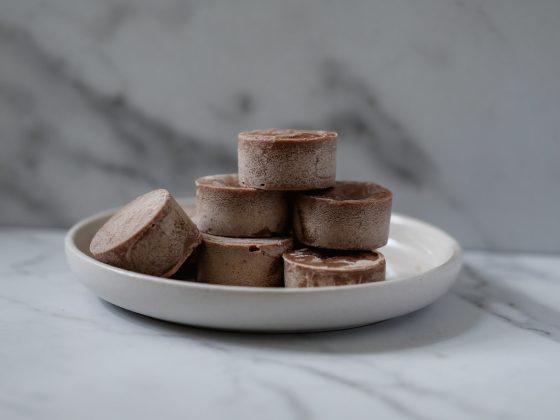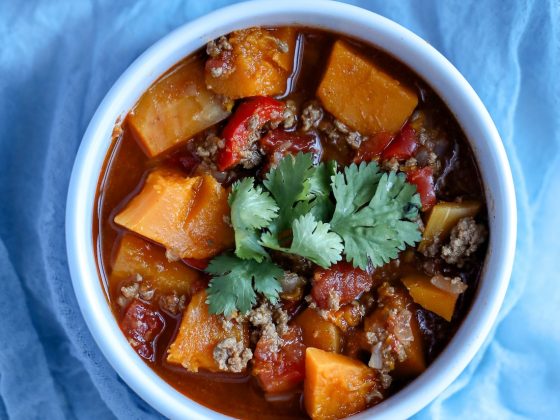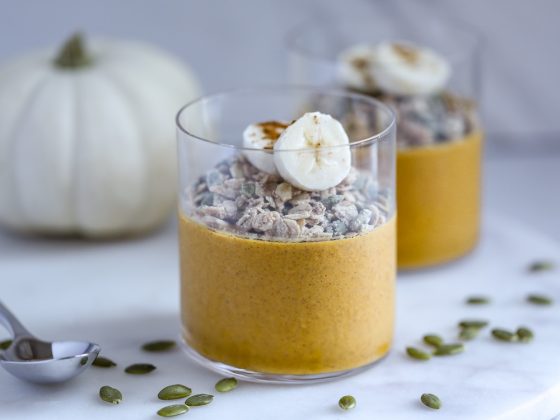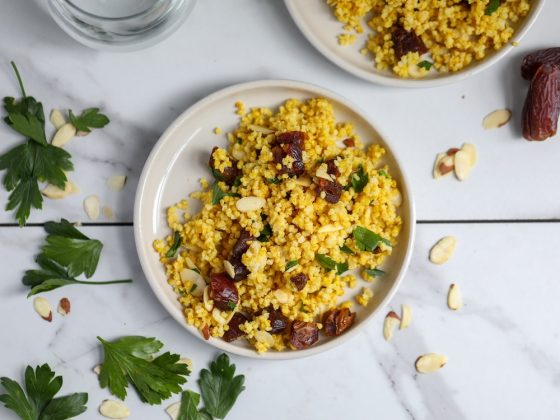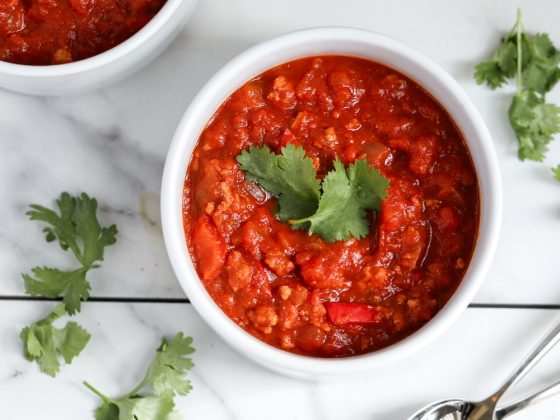Eating certain foods filled with gut-friendly nutrients can optimize your gut health. When thinking about what to eat, you’ve probably heard about prebiotics and probiotics, but you may not be as familiar with another type of biotic––known as postbiotics––which is just as essential to gut health.
“Postbiotics are released naturally during the probiotic bacteria fermentation process that occurs in the intestines. Postbiotics are one of the three key categories of bacterial substances that keep our intestinal microbiome in balance,” says Kari Pitts, RD, a registered dietitian at Preg Appetit. This should not be confused with prebiotics, which are specialized plant fibers that stimulate the growth of good bacteria, and probiotics, which contain live organisms that directly accumulate with the preexisting healthy microbes in your gut, says the Mayo Clinic.
Benefits of Postbiotics
Postbiotics and their benefits have been studied for years, however there isn’t an official definition for the term yet. The most common meaning is that postbiotics are the components that result from probiotic activity in the gut, such as fermentation. A 2019 report published in the International Journal of Molecular Sciences suggests that postbiotics leads to processes that offer cardio-protective, antioxidant, and cholesterol lowering effects.
They also help maintain gut health through a variety of other uses, Pitts says. “The [long-lasting] benefits of probiotics include boosting the immune system, supporting blood pressure levels, offsetting intestinal bacterial imbalance caused by medications, improving digestion and absorption of nutrients from food, supporting insulin levels, promoting antioxidant activities, reducing inflammation, and supporting weight management,” she says.
Postbiotic-rich Foods
The key to a healthy microbiome involves the consumption of all three bacterial substances: prebiotics, probiotics, and postbiotics. Prebiotics proceed probiotics which advance postbiotics, according to The Institute of Functional Medicine. In other words, prebiotics will help grow healthy bacteria, probiotics are the healthy bacteria themselves, and postbiotics are the metabolites of the healthy bacteria.
Therefore, postbiotics are only supported by foods that have been fermented by probiotic bacteria. These include but are not limited to the following, according to Pitts:
- Kimchi
- Kefir
- Yogurt
- Pickles
- Sauerkraut
- Apple Cider Vinegar
- Kombucha
- Tempeh
- Buttermilk
- Miso
While postbiotics are vital to enhancing gut health, excess intake can lead to negative health effects. “The risk of taking too many postbiotics includes gastrointestinal distress and headaches. If you are immunocompromised or have a serious illness, you may be at greater risk for dangerous side effects and therefore, you should consult a doctor before taking postbiotics,” Pitts says.



